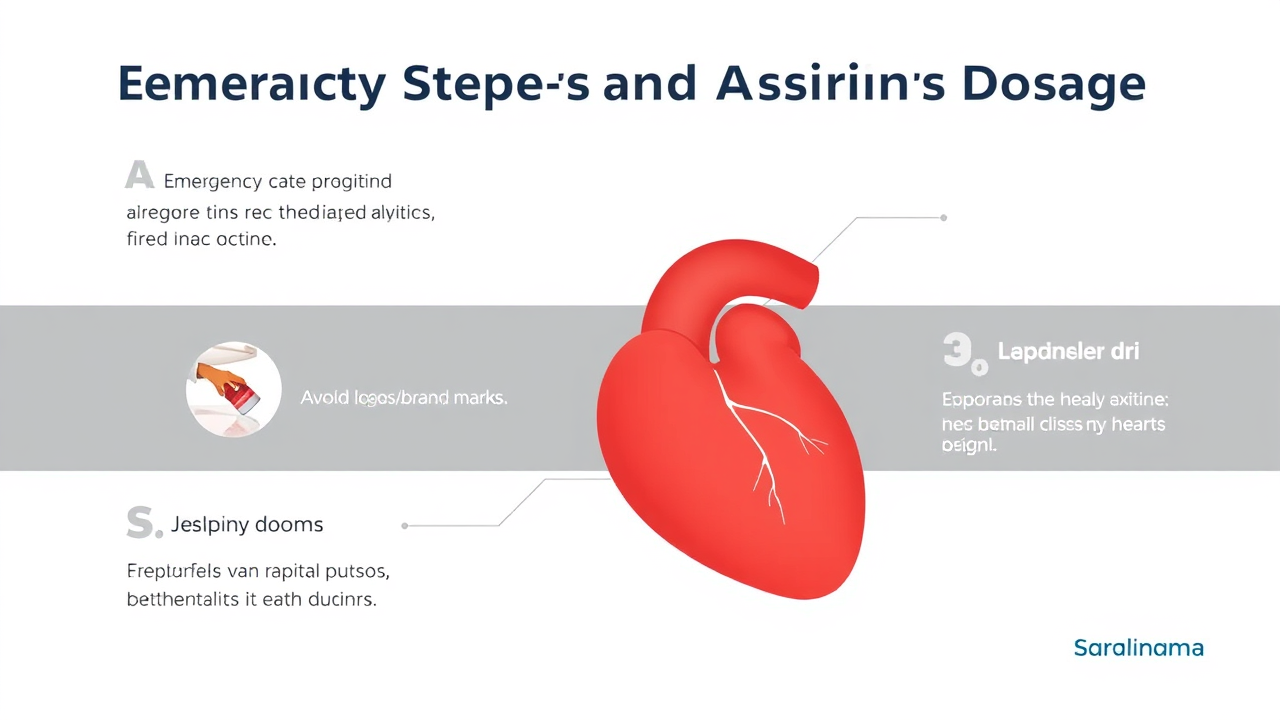Understanding the difference between a heart attack and cardiac arrest can save lives during emergencies. A heart attack occurs when blood supply to the heart is blocked but the heart continues beating, while cardiac arrest is when the heart stops completely. Dr Kunal Sarkar, Director of Cardiac Surgery at Manipal Hospital, Kolkata, explains that cardiac arrest is a pre-terminal condition requiring immediate medical facility intervention. Heart attacks, being relatively less severe, can be reversed with quick action. The first four hours after symptoms appear are absolutely crucial for survival and recovery. Quick recognition, diagnosis, and action are essential. Taking Aspirin is recommended during a heart attack to help neutralise blood pressure. However, patients must understand the severity of their condition before taking any medication. Common warning signs include severe chest pain and sweating, often mistaken for indigestion initially.

Emergency Steps and Aspirin Dosage During Heart Attack
When experiencing a heart attack, take 150-300 mg of Aspirin immediately. In India, common versions are 75 mg and 150 mg tablets. Take at least two tablets of 150 mg or three tablets of 75 mg. Sit or lie down immediately, as walking or standing worsens the situation since blood pressure falls during an attack. Call emergency help without waiting to see if symptoms pass. Get to the nearest hospital, nursing home, or emergency centre quickly. Even smaller facilities can begin lifesaving treatment before transferring patients to cardiac-care units. Remember, all necessary measures must be taken within four hours of the attack for effective recovery.
Source: Link
